How a Tree Care Service Preserves the Environment
In recent years, the role of a tree care service has become increasingly recognized as vital not only for urban aesthetics but also for environmental conservation. As we seek to address climate change and preserve biodiversity, well-tended trees remain crucial to these endeavors. This article explores the various ways a tree care service contributes to preserving the natural world. From professional pruning to the strategic planting of new greenery, tree services are at the forefront of our ecological efforts. Understanding the multifaceted benefits they offer can help us better attend to the natural environments around us. Engaging with professional tree care helps communities maintain green spaces that support overall environmental health.
Maintain Tree Health Through Professional Pruning
Professional pruning is essential for maintaining tree health, a practice that ensures efficient growth and longevity. Experts in tree care understand the specific needs of each species, allowing them to provide tailored maintenance. By removing dead or diseased branches, pruning reduces the risk of further health issues, including the spread of disease. Trees that are pruned at the right times are less vulnerable to infestations and adverse weather damage. The skillful art of pruning also involves recognizing the signs of stress in trees, which can prevent long-term damage. Regular assessments by arborists ensure trees remain robust and resilient throughout seasonal changes.
Stimulate Growth and Extend Longevity
Pruning promotes not only the health but also the vigor and longevity of trees. By strategically removing certain branches, the tree care service industry ensures that resources such as sunlight, water, and nutrients are better distributed. This targeted approach stimulates new growth and can extend the life of a tree by decades. Skilled arborists often employ advanced tools and technology to make precise cuts that help trees thrive. With the benefits accruing over time, these practices make a lasting impact on individual trees and the larger ecosystem. Over time, properly pruned trees are more likely to withstand environmental stressors and flourish in urban and natural landscapes alike.
Prevent Disease to Protect Trees and Biodiversity
Maintaining tree health is essential for minimizing the spread of disease both within and between trees. By removing diseased or infested branches, arborists can help prevent fungi and other pathogens from spreading. This proactive measure is a cornerstone of a tree care service and environmental preservation. The prevention of disease not only secures the health of individual trees but also contributes to the biodiversity of the area. As trees play a crucial role in cleaning the air and providing habitats, their health directly affects broader ecological well-being. Healthy trees act as a natural barrier against invasive species and environmental imbalances.
Ensure Public Safety
Professional pruning also ensures public safety by preventing potential hazards from overgrown or damaged branches. Well-maintained trees are less likely to shed limbs during storms, thereby reducing risks to people and property. Regular pruning keeps trees balanced, stabilizing their structural integrity and decreasing the likelihood of uprooting. This level of safety is increasingly important in urban environments, where trees often coexist with human infrastructure. Given that the tree trimming industry employed nearly 298,000 individuals in 2024, according to IBISWorld, the expertise of trained professionals is pivotal for public welfare. By preventing accidents and property damage, a tree care service provides an essential safeguard for communities.
Enhance Aesthetics and Boost Community Value
Aesthetic appeal is an often-overlooked benefit of professional tree care, yet it plays a significant role in promoting community pride and property values. Well-pruned trees contribute to beautiful landscapes, enhancing the overall appearance of urban and suburban areas. This cultural value complements ecological benefits, as visually pleasing environments encourage stewardship and appreciation of nature. Professional arborists are skilled in techniques that ensure trees maintain their natural shape and beauty as they grow. Through a combination of art and science, tree care workers elevate our surroundings while supporting environmental goals. Vibrant and healthy trees also foster outdoor recreation and improve mental well-being for residents.
Sequester Carbon to Combat Climate Change
One of the most significant environmental benefits of tree planting is carbon sequestration. Trees absorb carbon dioxide during photosynthesis, storing the carbon in their biomass. This process helps mitigate the effects of climate change by reducing the amount of greenhouse gases in the atmosphere. Growing trees continue this process throughout their lifespan, significantly contributing to carbon reduction. Communities prioritizing tree planting are directly aiding global sustainability efforts. Every tree planted represents a long-term investment in cleaner air and a cooler planet.
Produce Oxygen and Improve Air Quality
Beyond sequestering carbon, trees are vital oxygen producers, playing a key role in maintaining breathable air for humans and animals. Through photosynthesis, trees convert carbon dioxide into oxygen, replenishing the atmosphere with this essential gas. Adequate tree canopy cover, therefore, directly correlates with improved air quality. As urban areas expand, the need for planted trees to sustain oxygen levels intensifies. The role of a tree care service in planting and maintaining these essential oxygen factories cannot be overstated. Communities with healthy tree coverage experience measurable improvements in overall air quality and respiratory health.
Support Wildlife and Promote Biodiversity
Trees serve as critical habitats for countless species, facilitating biodiversity by providing shelter and resources for various flora and fauna. From birds to insects to small mammals, numerous creatures depend on trees for survival. New plantings contribute to ecological balance, encouraging species proliferation and ecosystem health. Mature trees also support a host of plant species, further enriching local biodiversity. As habitats face threats from urbanization and deforestation, maintaining tree populations is crucial for ecological resilience. By supporting diverse wildlife, trees help sustain food chains and ecological networks essential for environmental stability.
Manage Water Naturally Through Tree Planting
Trees play an indispensable role in natural water management systems, influencing both groundwater recharge and surface water filtration. They help intercept rainfall, slowing its flow and reducing runoff and soil erosion. By absorbing excess water, trees decrease the likelihood of flooding, especially in urban and suburban zones. The canopy and roots constitute vital natural infrastructure, purifying water as it filters into aquifers. Effective tree planting and care thus contribute to sustainable water resource management. Well-maintained trees reduce the need for costly man-made water management systems while protecting local waterways.
Stabilize Soil and Protect Land Resources
Tree roots are essential for soil stabilization, preventing erosion and maintaining soil structure. As roots grow and spread, they hold the soil in place, decreasing the likelihood of landslides and degradation. The presence of trees also enriches the soil with organic matter from fallen leaves and other biomass. This enrichment improves soil fertility, promoting healthy plant growth and supporting agricultural productivity. Weathering environmental challenges, trees stand resilient as natural allies to farming and forestry. Strong root systems also help maintain the integrity of natural landscapes against extreme weather events.
By promoting healthy growth, preventing disease, supporting biodiversity, and enhancing natural resources such as air and water, a tree care service serves as an essential steward of the environment. Their work goes beyond aesthetics, directly influencing climate resilience, ecosystem stability, and community well-being. Investing in professional tree care—through pruning, planting, and maintenance—not only protects individual trees but also strengthens entire ecosystems. As we confront challenges like climate change and urban expansion, supporting and prioritizing these services is a tangible way to safeguard our planet. In nurturing our trees today, we are cultivating a healthier, more sustainable world for generations to come. Reach out to Marble Tree Service to learn more today!

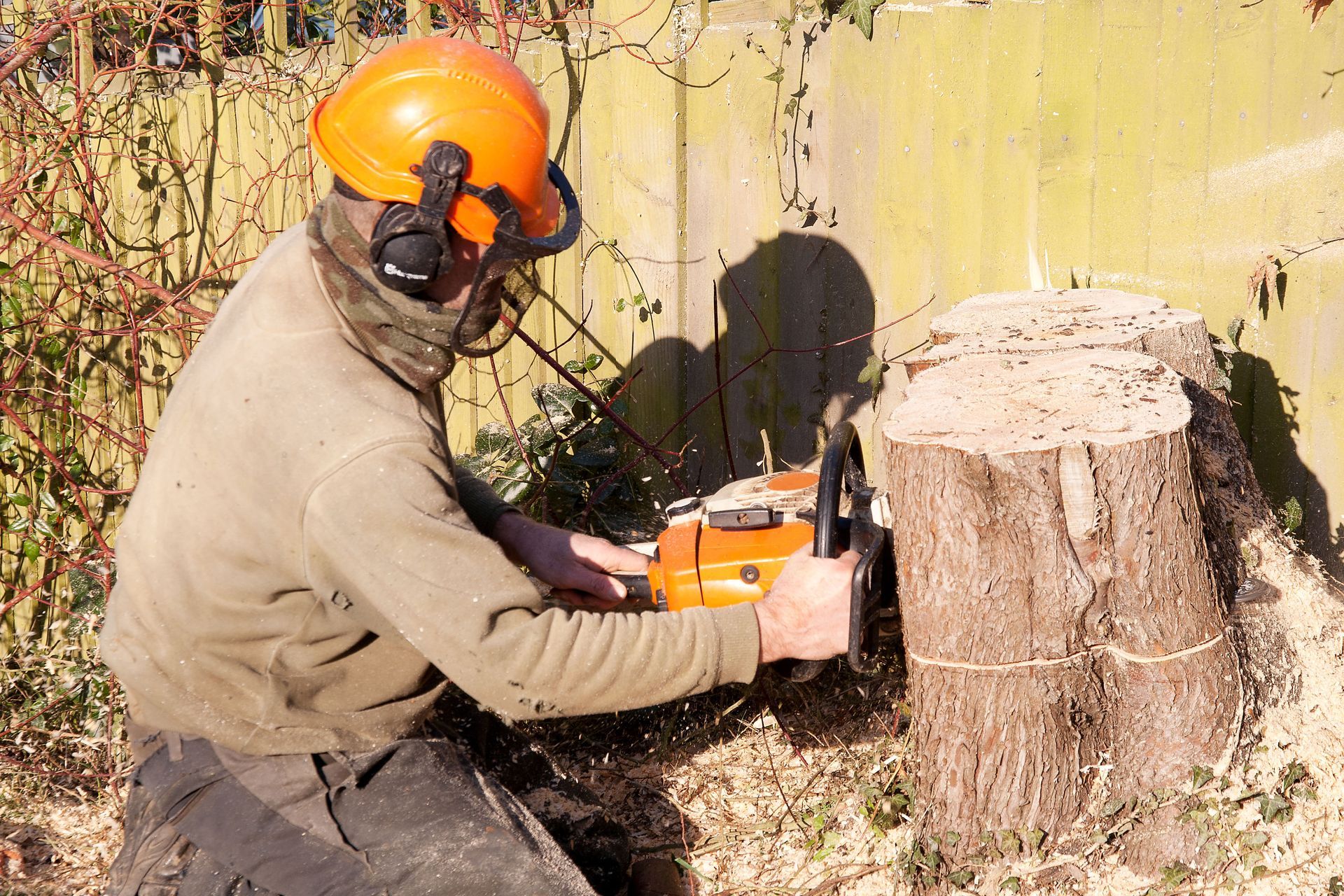
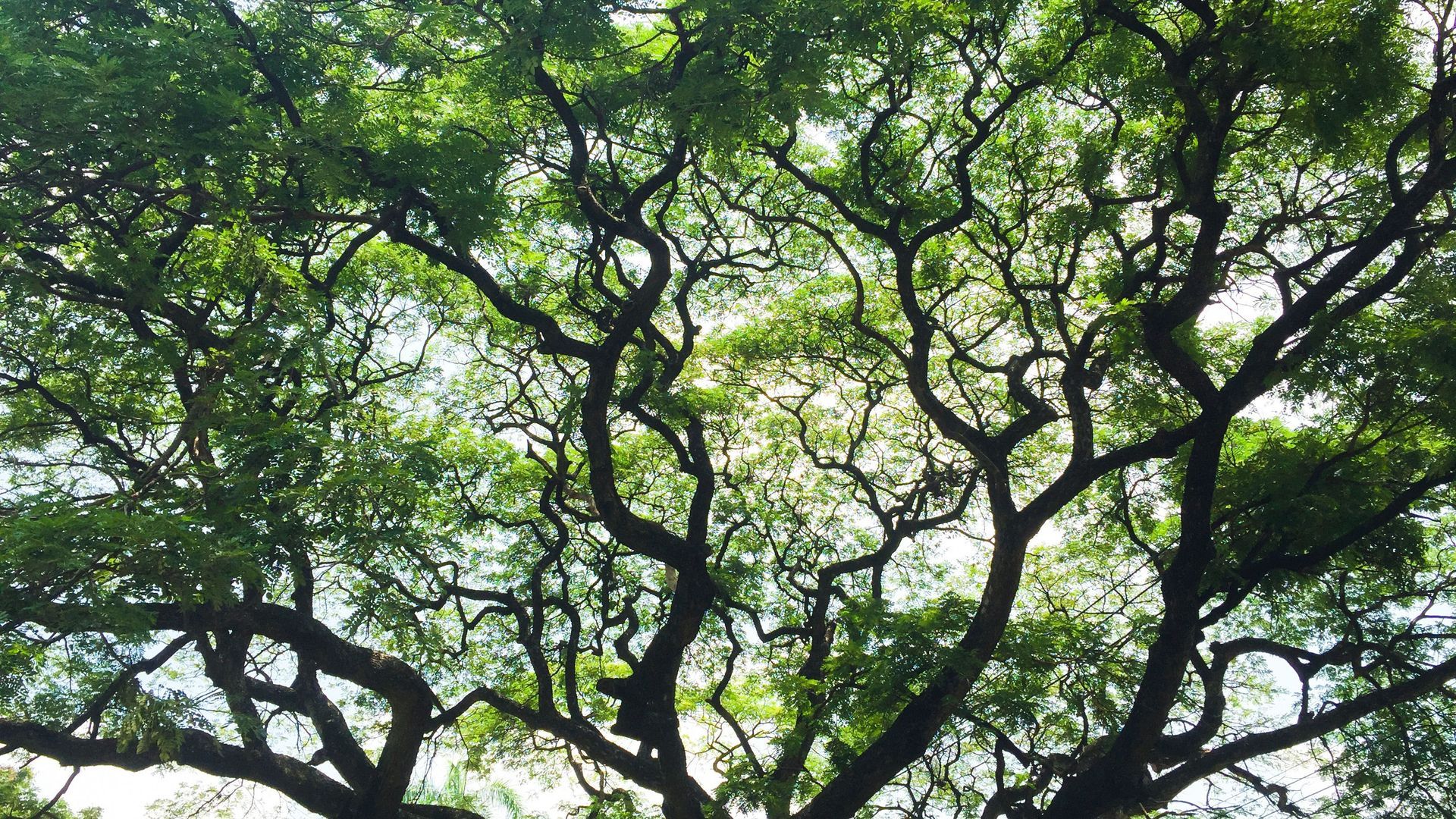
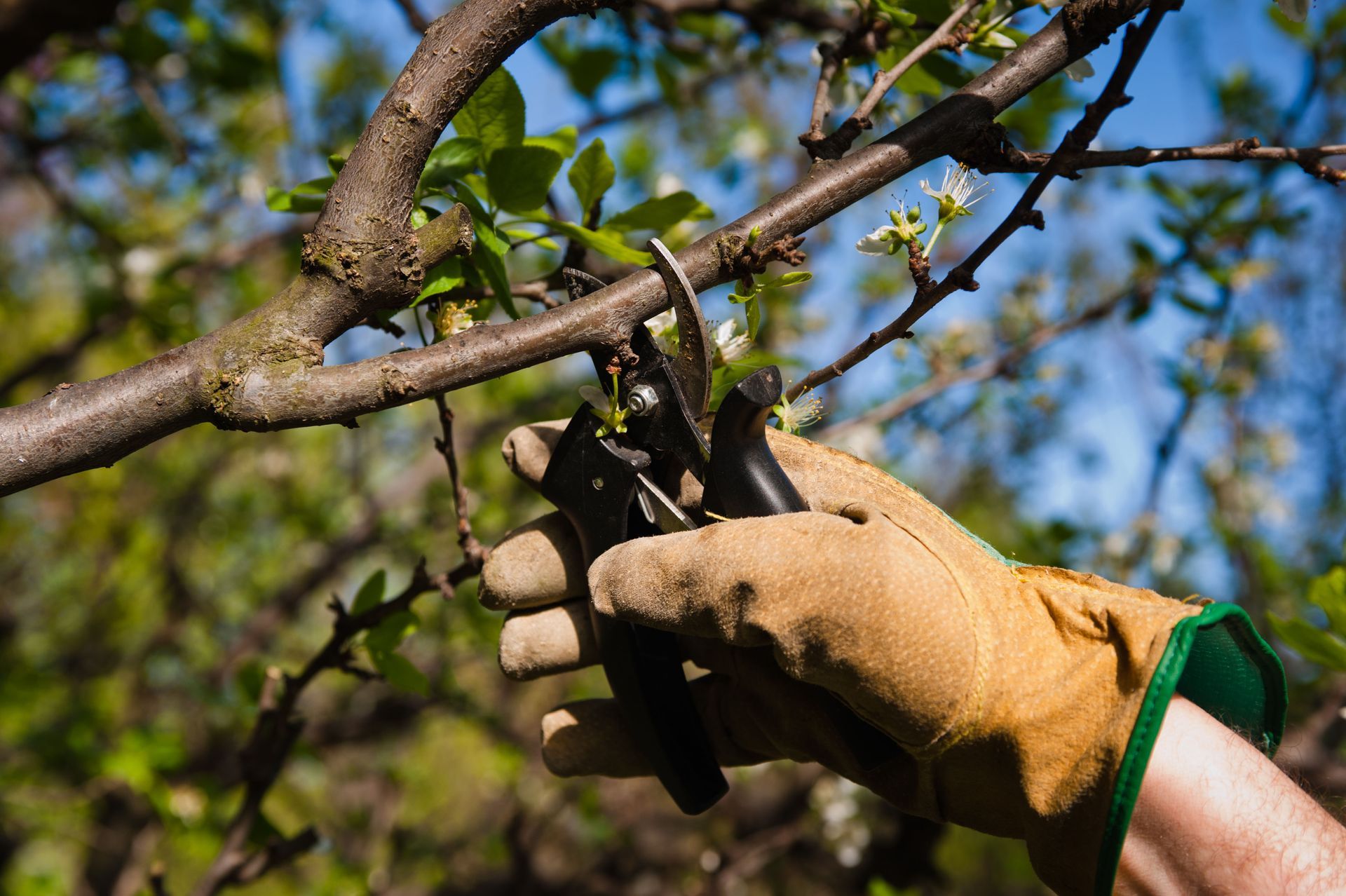

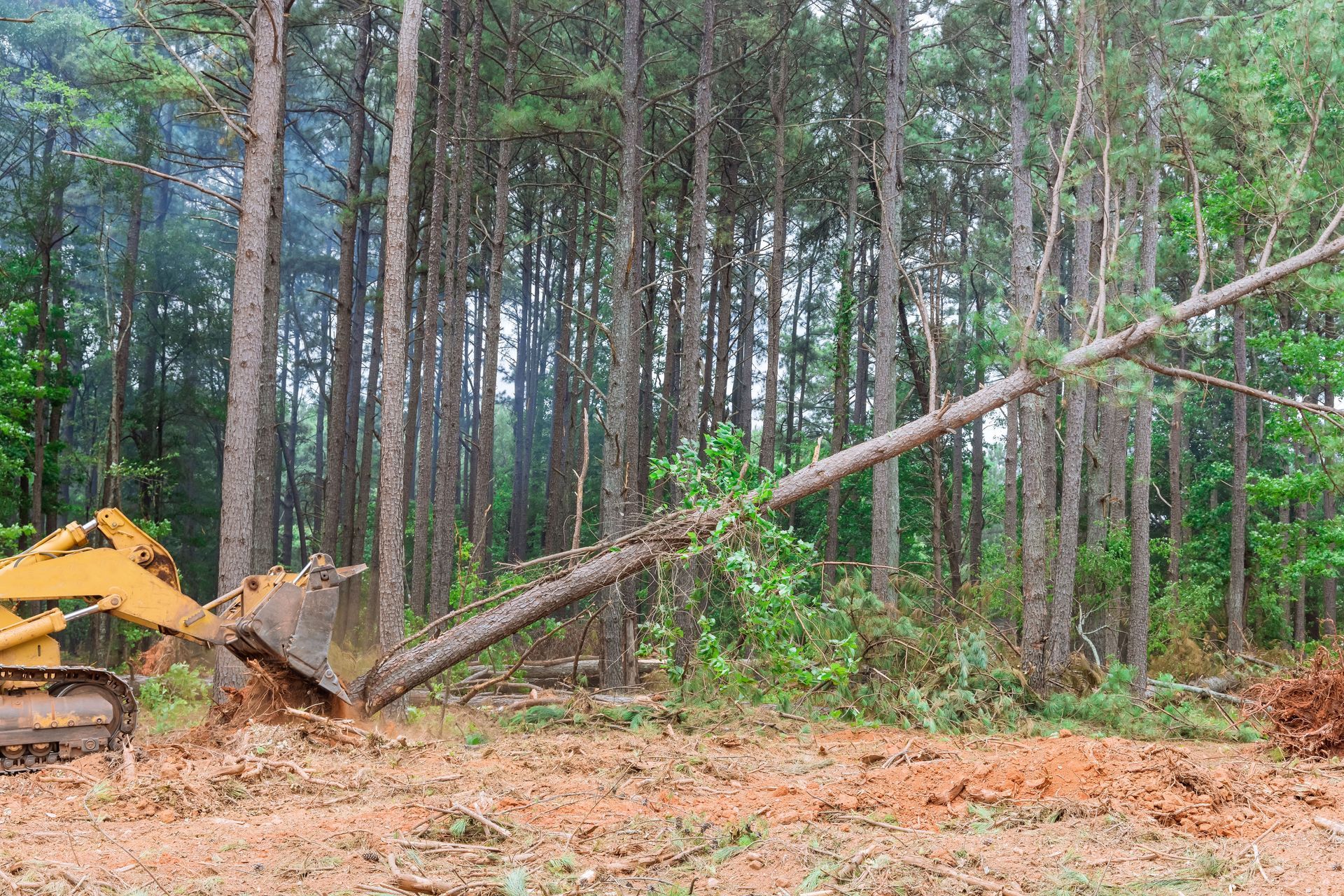

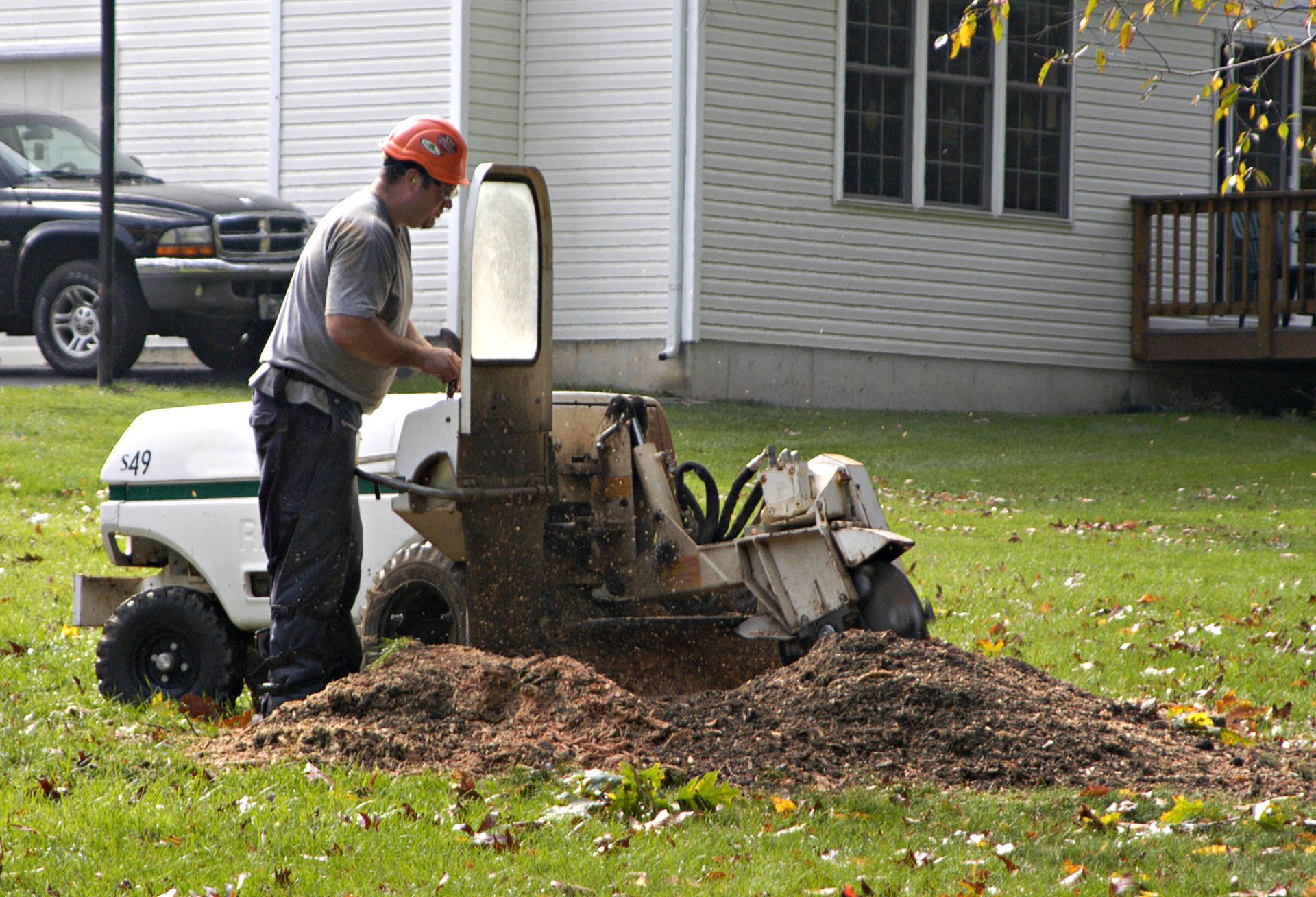
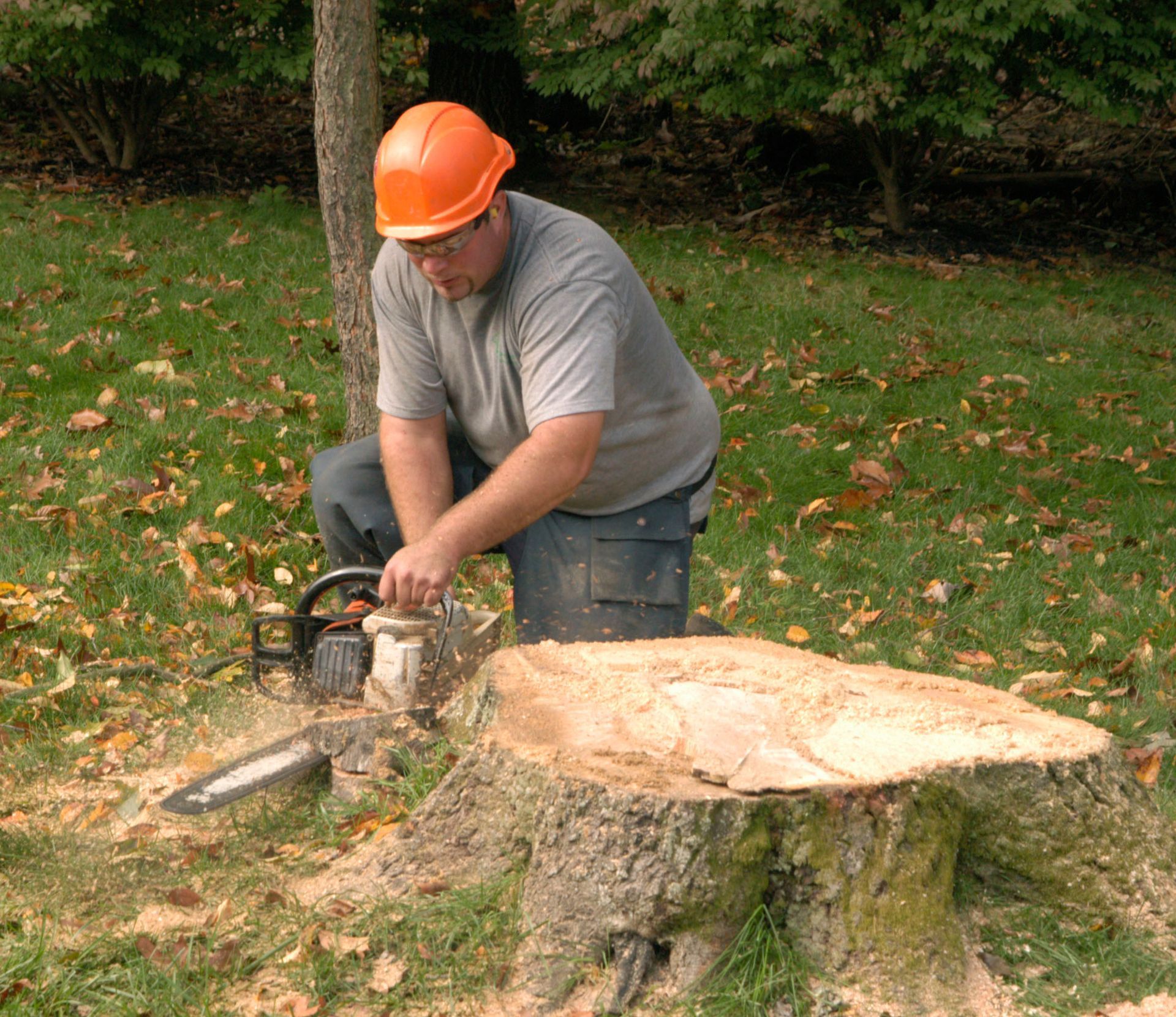
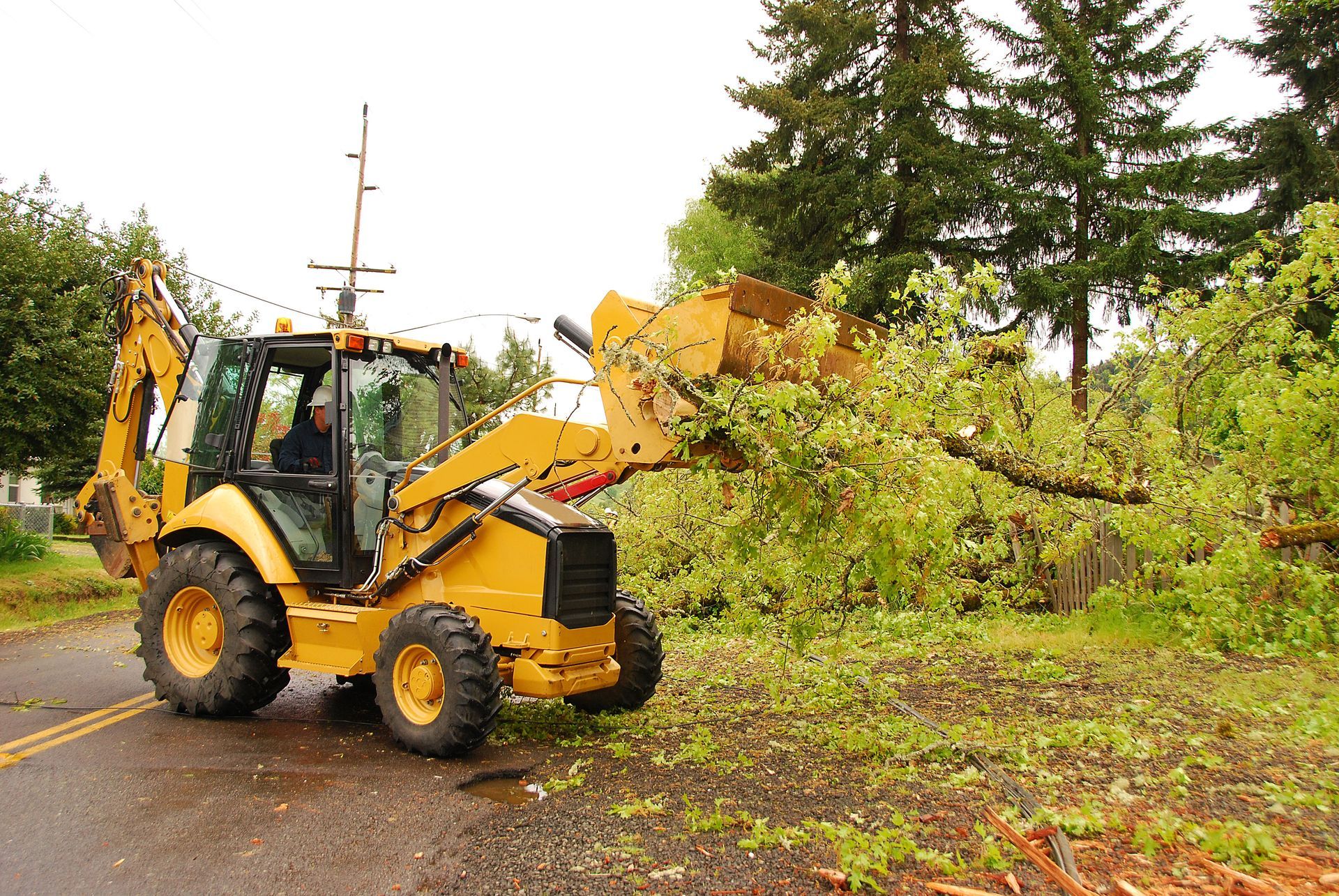
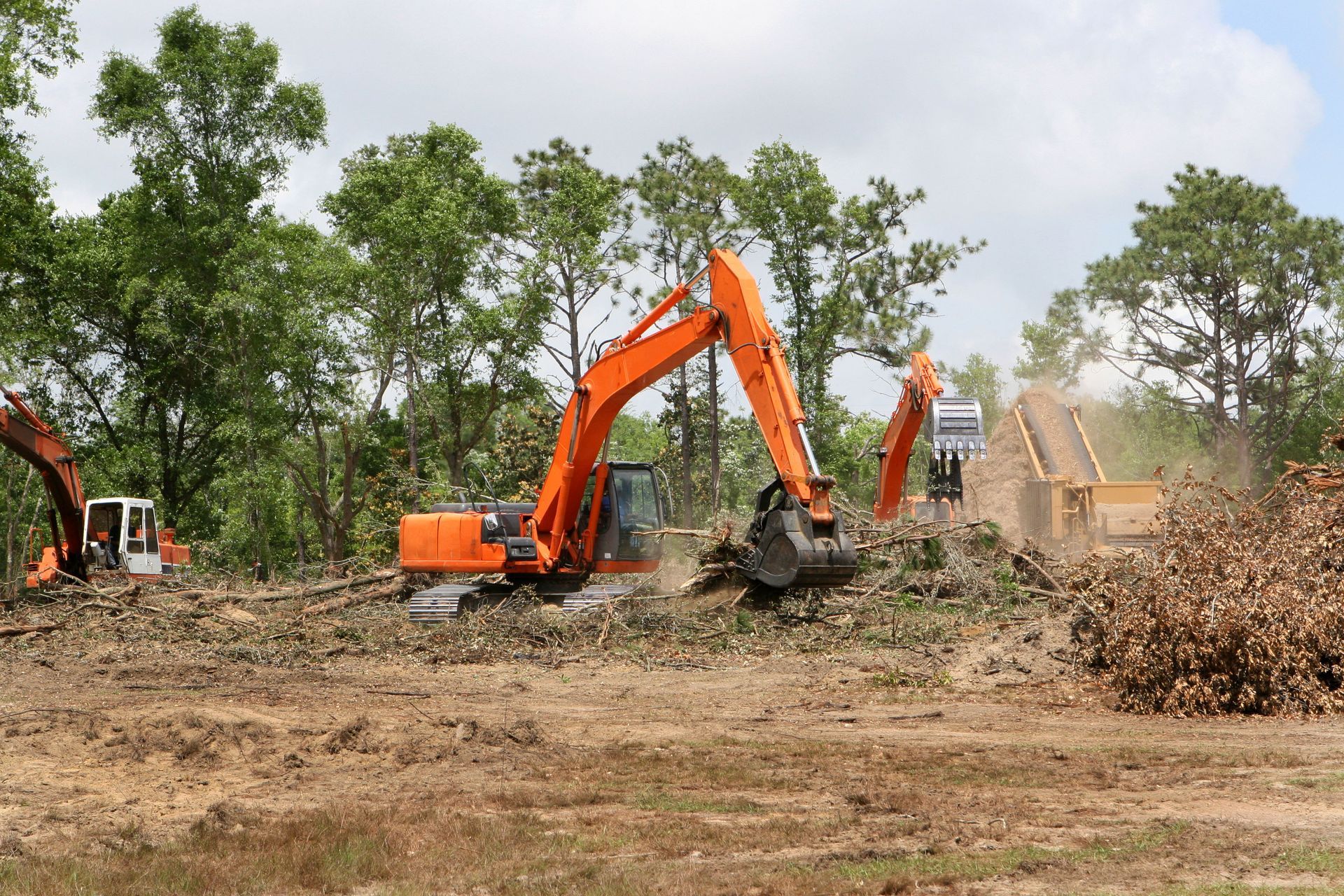
Share On: